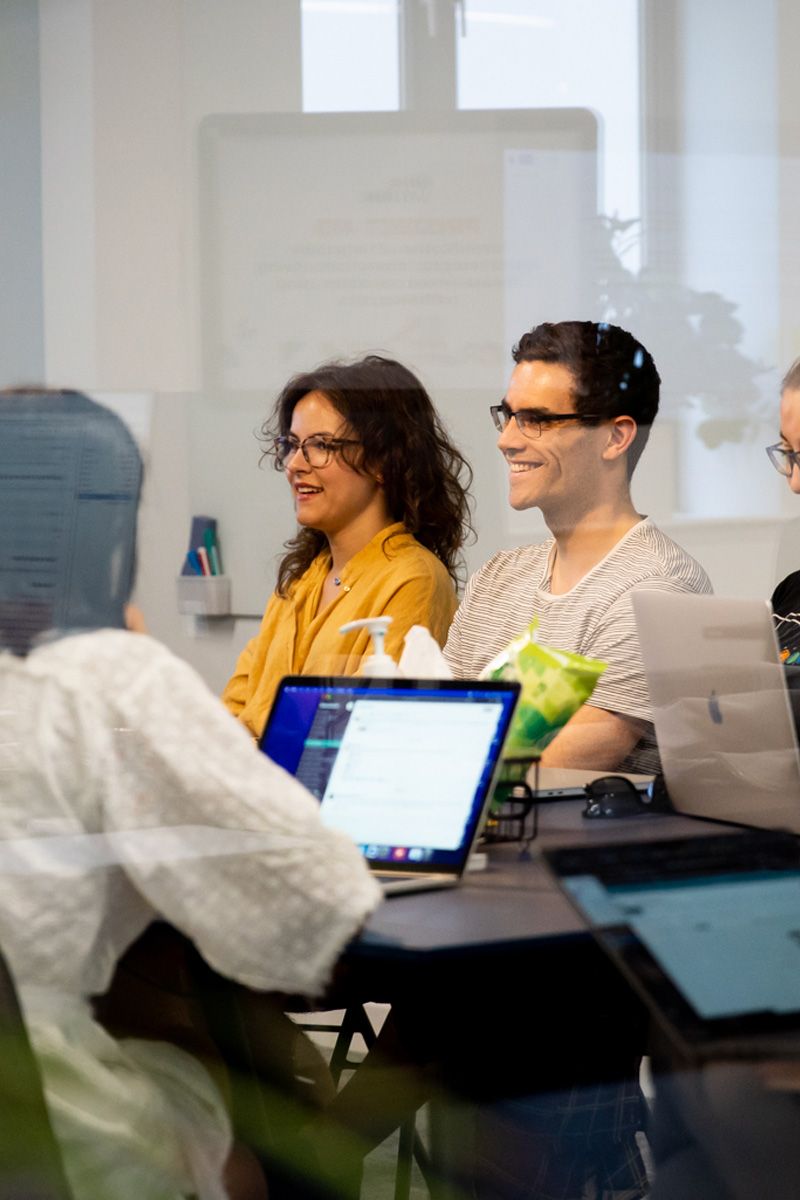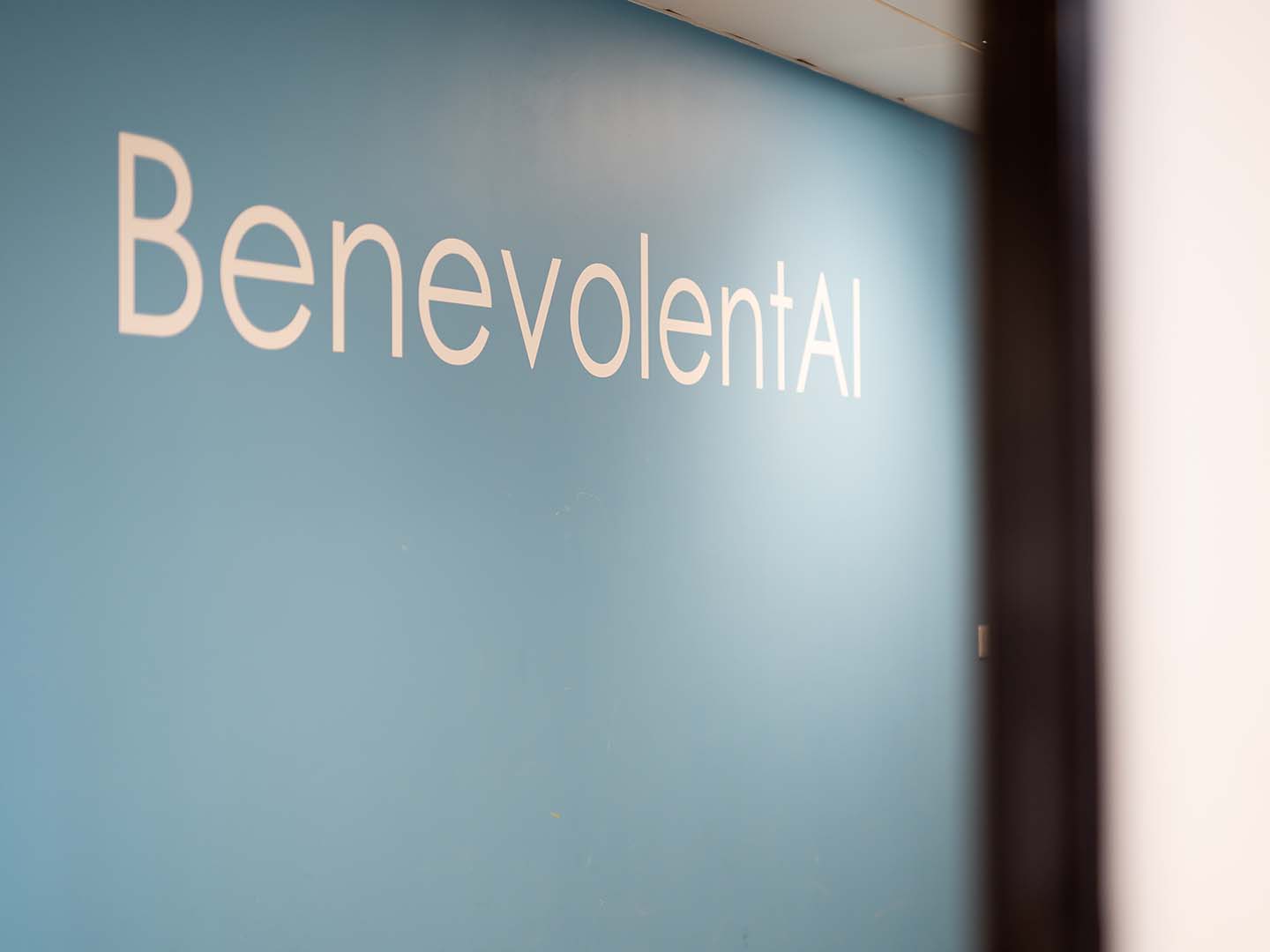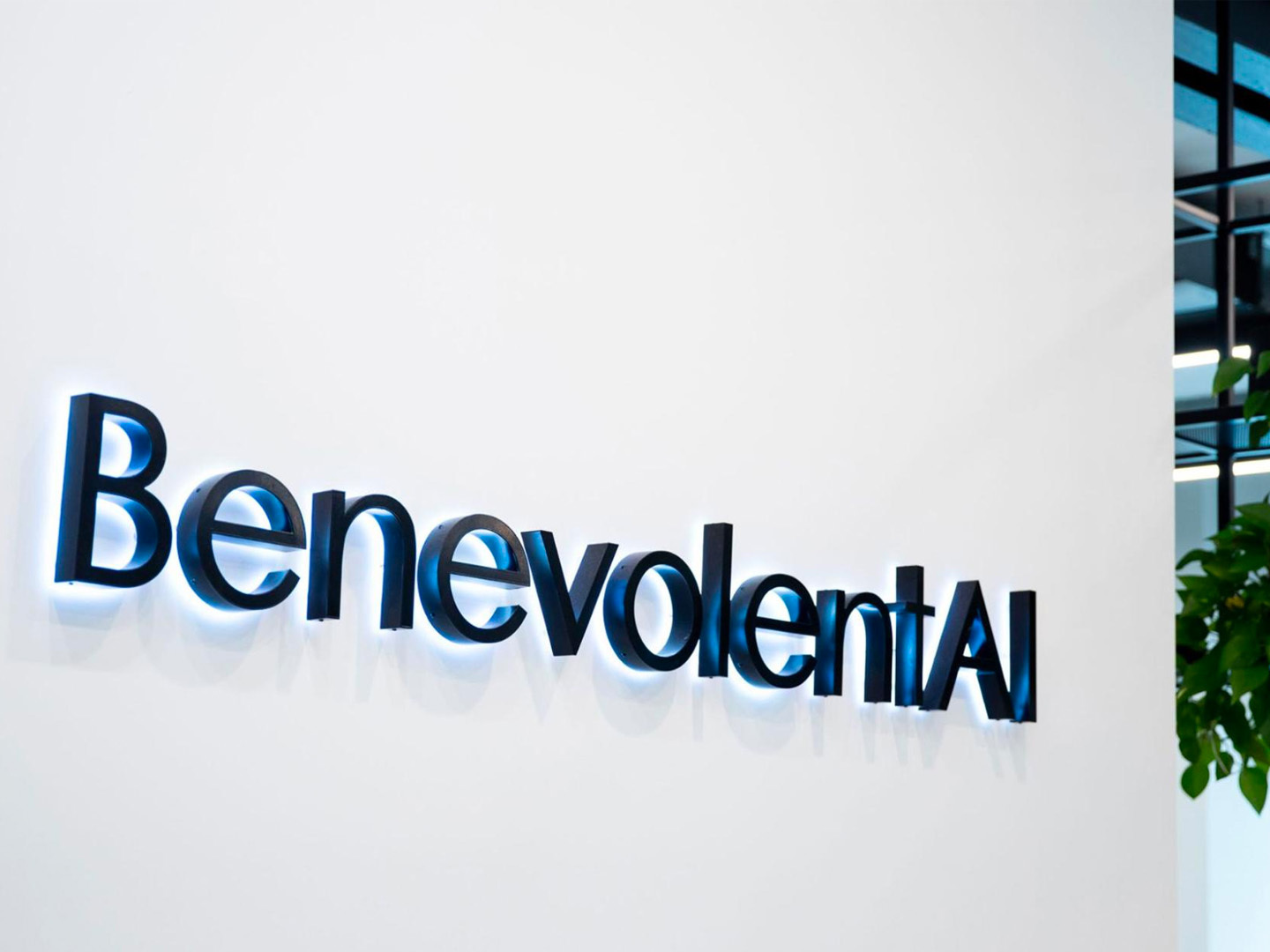- Indian Ministry of Health grants permission for the restricted emergency use of baricitinib in India. Eli Lilly is working with the Indian government to provide baricitinib donations for hospitalised COVID-19 patients
- BenevolentAI identified baricitinib as a potential treatment in its AI-derived hypothesis
- Data from Eli Lilly’s COV-BARRIER trial demonstrates baricitinib reduces mortality in hospitalised COVID-19 patients by 38% - the most significant clinical effect reported to date for a reduction in mortality in this patient population.
London, 05 May 2021: Eli Lilly announced today that baricitinib, the drug first identified as a COVID-19 treatment in February 2020 by BenevolentAI, has received permission for restricted emergency use in India from the Central Drugs Standard Control Organization, a division of the Ministry of Health. Eli Lilly is donating an initial 400,000 tablets baricitinib to the Indian government for immediate use in combination with remdesivir, and is simultaneously working with local Indian pharmaceutical companies to execute royalty-free voluntary licensing agreements to accelerate the manufacturing and distribution of the medicine across India.
“The catastrophic second wave of coronavirus in India has left soaring cases and record fatalities in its wake," commented Joanna Shields, CEO of BenevolentAI. “With hospitals across the country on the brink of collapse and oxygen in short supply, a deadly scenario is unfolding. We hope that immediate access to an oral, safe drug like baricitinib, which does not need to be administered in hospitals like other treatments, will immediately help save lives. Our strong partnership with Eli Lilly, their swift response to our initial hypothesis predicting baricitinib’s benefits for treating COVID-19 and results from subsequent trials have made this possible."
In January 2020, BenevolentAI scientists used its AI platform and biomedical Knowledge Graph to search for already approved drugs that could both inhibit viral entry into cells, and deliver an anti-inflammatory effect to reduce the body’s extreme immune response known as the cytokine storm. Baricitinib, an oral JAK inhibitor, at the time approved to treat rheumatoid arthritis, was identified as the most promising treatment from a list of thousands of potential drugs. During a 48 hour accelerated search process, the team uncovered baricitinib’s previously unknown anti-viral properties, in addition to it’s already known anti-inflammatory effects.
In February 2020, Benevolent published its findings in The Lancet and again in The Lancet Infectious Diseases proposing baricitinib as a COVID-19 treatment. By April, the National Institute of Allergies and Infectious Diseases (NIAID) in the US and Eli Lilly began its large-scale randomised COV-BARRIER trial, which demonstrated baricitinib reduces mortality in hospitalised COVID-19 patients by 38%; the most significant clinical effect for a reduction in mortality in this patient population reported to date.
Baricitinib was granted FDA emergency use authorisation (EUA) in November 2020 and is currently being administered to patients in the US alongside remdesivir. Last week, the European Union announced its decision to pursue EUA for baricitinib, and Japan announced it had approved baricitinib to treat COVID-19.
Media inquiries
Rajin Kang
About BenevolentAI
BenevolentAI combines advanced AI and machine learning with cutting edge science to decipher complex disease biology, generate novel insights and discover more effective medicines. Our unique computational R&D platform spans every step of the drug discovery process, powering an in-house pipeline of 25+ drug programmes from early discovery towards clinical phases. With several successful collaborations with leading pharmaceutical organisations, we are also the only AI-drug discovery company with a clinically validated approach, having discovered a leading repurposed drug candidate for COVID-19. BenevolentAI is headquartered in London with a research facility in Cambridge (UK) and a further office in New York, with a team of over 300 world-leading scientists and technologists progressing its mission to reinvent drug discovery and advance life-changing drugs through to the clinic.
Back to press releases and in the media



